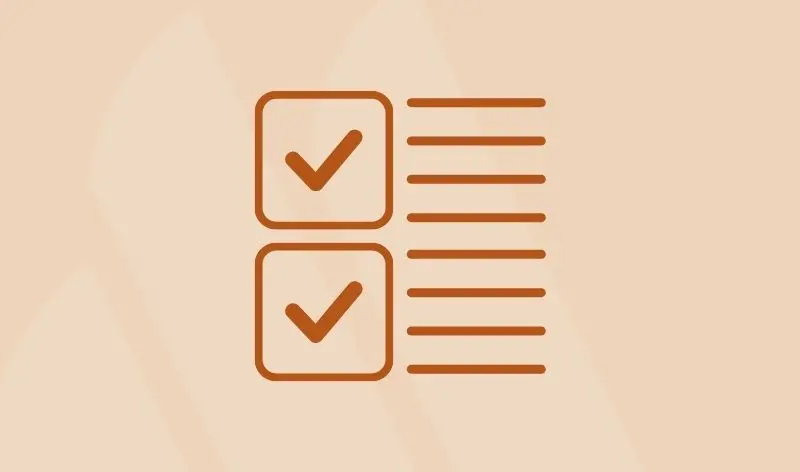
How Low-Tech Crime is Causing High-Impact Financial Losses
The banking industry is facing a significant surge in fraud, with both consumers and financial institutions seeing increased threats, ranging from debit card and check fraud to investment scams and cyber fraud powered by generative AI. A recent Federal Reserve survey of risk officers, reported by the American Bankers Association, highlights how fraudsters are advancing their tactics. While financial institutions are investing in cutting-edge protections, low-tech crime—particularly check fraud—continues to wreak havoc on businesses across the U.S.
Despite the move toward digital banking, paper checks remain one of the most exploited payment methods in the B2B space, especially in trades where checks remain the primary form of payment. Criminals are blending low-tech methods with high-tech deception. AI deepfakes and voice recognition scams are making it easier for fraudsters to impersonate company executives or vendors, often convincingly enough to authorize false check issuances or manipulate ACH transfers.
Take this hypothetical example: In early 2024, a mid-sized HVAC contractor mailed a $300,000 check to a supplier. The check was stolen, “washed,” and rewritten to a different payee. But what made this case especially damaging was the use of a deep-fake voice call. The company’s accounts payable manager received a call from someone who sounded exactly like the contractor’s CEO, urgently requesting a second check to be issued to a “new vendor” due to a supposed supply chain issue.
The voice was convincing enough to bypass normal verification protocols. The second check was issued and mailed—only to be stolen again. By the time fraud was discovered, both checks had cleared, and the business was out $300,000. Because the transactions were authorized internally and fraud involved mailed checks, the bank offered no reimbursement. The company had to absorb the loss, delay its project, and renegotiate terms with its supplier. While this is a hypothetical cautionary tale, the risk is very real.
Unlike consumers, businesses aren’t guaranteed protections against fraud – the financial loss becomes theirs to bear. In most cases, business accounts fall outside the scope of federal consumer protection laws like Regulation E, which governs electronic fund transfers. That means if a fraudulent ACH transaction or check clears a business account, the burden of recovery often rests solely on the company. Banks may offer limited recourse, but reimbursement is not guaranteed, especially if fraud stems from internal errors or social engineering. This lack of safety net makes proactive fraud prevention not just advisable, but essential. For businesses, a single breach can translate into unrecoverable losses, operational disruption, and reputational damage.
According to the 2023 AFP Payments Fraud and Control Survey, 63% of businesses experienced check fraud. Yet, three-quarters of those organizations have no plans to stop using checks. At the same time, mail theft—a key enabler of check fraud—has increased by 140% over the past three years, according to a recent alert from the Financial Crimes Enforcement Network (FinCEN).
Help protect your business from financial fraud by:
Adopting Preventive Tools: Security tools like Positive Pay can flag suspicious checks and ACH transactions before they’re processed. This gives businesses an opportunity to verify payments, reducing the risk of fraudulent activity. real-time risk management in regard to ACH Positive Pay.
Embracing Digital Transactions: Moving away from paper-based systems isn’t just about convenience—it’s about security and efficiency. Digital payments offer full visibility, faster processing, and better fraud controls. They also reduce operational costs, from postage and printing to the bank fees associated with cash handling. With digital tools, your money works smarter—and safer.
Educating and Empowering Your Team: One of the best defenses against fraud is an informed team. Train your workforce to recognize red flags of AI-powered financial fraud, as well as low-tech fraud, and to speak up when something doesn’t seem right. Cross-train teams so your business isn’t vulnerable when someone’s out of the office. Most importantly, foster a workplace culture where it’s okay to pause and ask questions. Urgency is a common tactic fraudsters use—don’t let good intentions lead to costly mistakes.
Reviewing Internal Controls: Too many businesses rushed to adopt electronic systems during the pandemic without properly updating internal policies. Now is the time to audit your processes. Know who has authority to initiate payments and who reconciles accounts. Establish dual controls wherever possible. Fraud thrives where there is complacency and, in the gaps,—make sure your systems don’t have them.
Today’s financial fraud landscape requires businesses to stay a step ahead—not just with technology, but with vigilance, strategy, and culture. Transitioning to secure digital practices and tightening internal controls can reduce risk and help ensure your financial systems support—not threaten—your business goals.
About the author: Emily Ricard, VP, Treasury Services Officer is a dedicated financial professional who brings expertise in treasury services, strategic client management, and financial solutions to Machias Savings Bank’s Treasury Services team in New Hampshire.
We’re Here to Help!
"*" indicates required fields
Our Disclosures
For informational purposes only. There is NO WARRANTY, expressed or implied, for the accuracy of this information or its applicability to your financial situation. Please consult your financial and/or tax advisor.








